Many new EV owners face a common dilemma: choosing between 32 amp and 40 amp EV chargers. This article provides a detailed comparison for your reference. We hope it provides you with the insights you need to enhance your EV experience.
What Is a 32 Amp EV Charger?
A 32 amp EV charger is typically suited for home use and is compatible with most residential electrical systems. It usually delivers around 7.7 kW of power, which is adequate for overnight charging. This charger is perfect for EV owners with regular commuting patterns.
What Is a 40 Amp EV Charger?
The 40 Amp charger, a type of Level 2 EV charger, delivers approximately 9.6 kilowatts of power and charges electric vehicles significantly faster than the 32 Amp charger. It is better suited for EVs with larger batteries or for drivers who need faster charging times. However, it may require a more robust electrical system or specific installation considerations, such as a higher-capacity circuit.

Key Differences Between 32 Amp and 40 Amp Chargers
To decide whether to use a 32 Amp EV charger or a 40 Amp EV charger, you can refer to the following key factors:
1. Charging Speed
-
32 Amp Chargers: These chargers typically deliver about 7.7 kW of power. For a standard electric vehicle with a 60 kWh battery, a 32 amp charger will take approximately 8 hours to charge from empty to full, making it suitable for overnight charging.
-
40 Amp Chargers: Delivering around 9.6 kW of power, a 40 amp charger can reduce the full charge time to roughly 6 hours for the same 60 kWh battery. This faster charging is advantageous for those who may need to recharge quickly during the day or for larger batteries found in some new EV models.
2. Electrical Infrastructure Requirements
-
32 Amp Chargers: These are generally more compatible with existing home electrical systems. Most homes can support the installation of a 32 amp charger without significant electrical upgrades, making it a more straightforward and potentially less expensive option.
-
40 Amp Chargers: They require a more robust electrical setup, usually necessitating a dedicated 50 amp circuit. This can mean additional costs if your current system does not meet these requirements, as you might need to upgrade your electrical panel or wiring.
3. Installation Costs
-
32 Amp Chargers: Installation is generally simpler and more affordable as it puts less pressure on your home’s electrical system. Additionally, many local codes and typical residential electrical setups are designed to support this output level.
-
40 Amp Chargers: These chargers usually necessitate enhancements to your home's electrical infrastructure, making installation more complex and costly. Professional electrical services may be required for the necessary upgrades, increasing the total expense.
4. Future Proofing
-
32 Amp Chargers: While adequate for current needs, considering the rapid development in EV technology, a 32 amp charger might become less efficient in the future as cars with larger batteries and faster charging capabilities become more common.
-
40 Amp Chargers: These chargers offer a more future-proof solution as they can accommodate higher demands from newer EV models and are more likely to remain compatible with advances in EV technology that emphasize faster charging.
5. Portability and Flexibility
-
32 Amp Chargers: They are often more portable and easier to install in multiple locations, which can be beneficial for users who might move homes or install a charger at a second home without heavy-duty electrical work.
-
40 Amp Chargers: Their need for a stronger, more dedicated electrical setup makes them less portable and more of a fixed installation, which might not be ideal for everyone.
In addition to considering current compatibility and cost, consider how future needs may change. Understand these differences and choose the best EV charger for your home and vehicle.
Which Charger Is the Better Choice?
If your daily driving is less frequent and your vehicle allows overnight charging, a 32 amp charger may be perfectly adequate. This option is especially suitable if your home’s existing electrical infrastructure supports it without needing significant upgrades.
For the newest electric vehicle models that have more miles per day or larger batteries, then choose the 40 Amp charger. Designed to meet the higher charging demands of the newer electric vehicles, this charger will allow you to charge in less time.
Completing this discussion, if you're looking for a reliable and efficient charging solution, consider Autel's range of EV chargers. Known for their quality and innovation, Autel chargers provide the flexibility and performance to meet the diverse needs of EV owners, ensuring your vehicle is always ready when you are. Whether you opt for a 32 amp or a 40 amp model, Autel is a recommended choice that stands out in the evolving market of electric vehicle technology.
FAQs
Will a 40 amp EV charger work with any electric vehicle?
40 Amp EV chargers are generally compatible with most modern electric vehicles, but it's always a good idea to check the charging specifications of your particular vehicle to ensure compatibility. Some older or lower-end models may not be able to take full advantage of the increased amperage, as their onboard charging systems may have been designed for lower currents. Using a charger with more amperage than the vehicle is rated for will usually not harm the vehicle, it just won't speed up the charging process beyond the car's maximum charging capacity.
Can both chargers be installed outdoors?
Yes, both 32 Amp and 40 Amp EV chargers can be installed outdoors, as long as they are designed for outdoor use. Chargers for outdoor installation can withstand a variety of environmental conditions such as rain, snow, and extreme temperatures. They are typically constructed with weather-resistant materials and protective enclosures to ensure durability and continued functionality. When choosing an EV charger for outdoor installation, look for a model rated for outdoor use, and also make sure the installation meets local electrical codes and safety standards.
Conclusion
There are advantages to each of the 32 Amp and 40 Amp electric vehicle chargers. You should choose one based on the needs of your vehicle, your driving habits, and your charging environment. Consider the long-term benefits of reduced charging time along with the upfront costs and installation requirements.
Related reading: The Difference between Level 1 & 2 EV Chargers
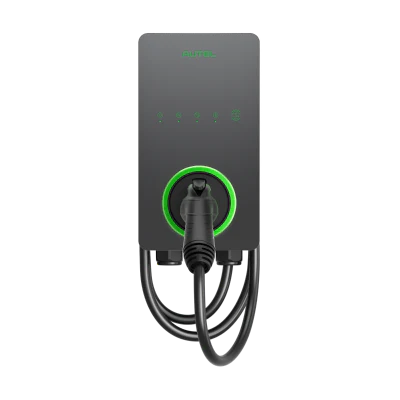
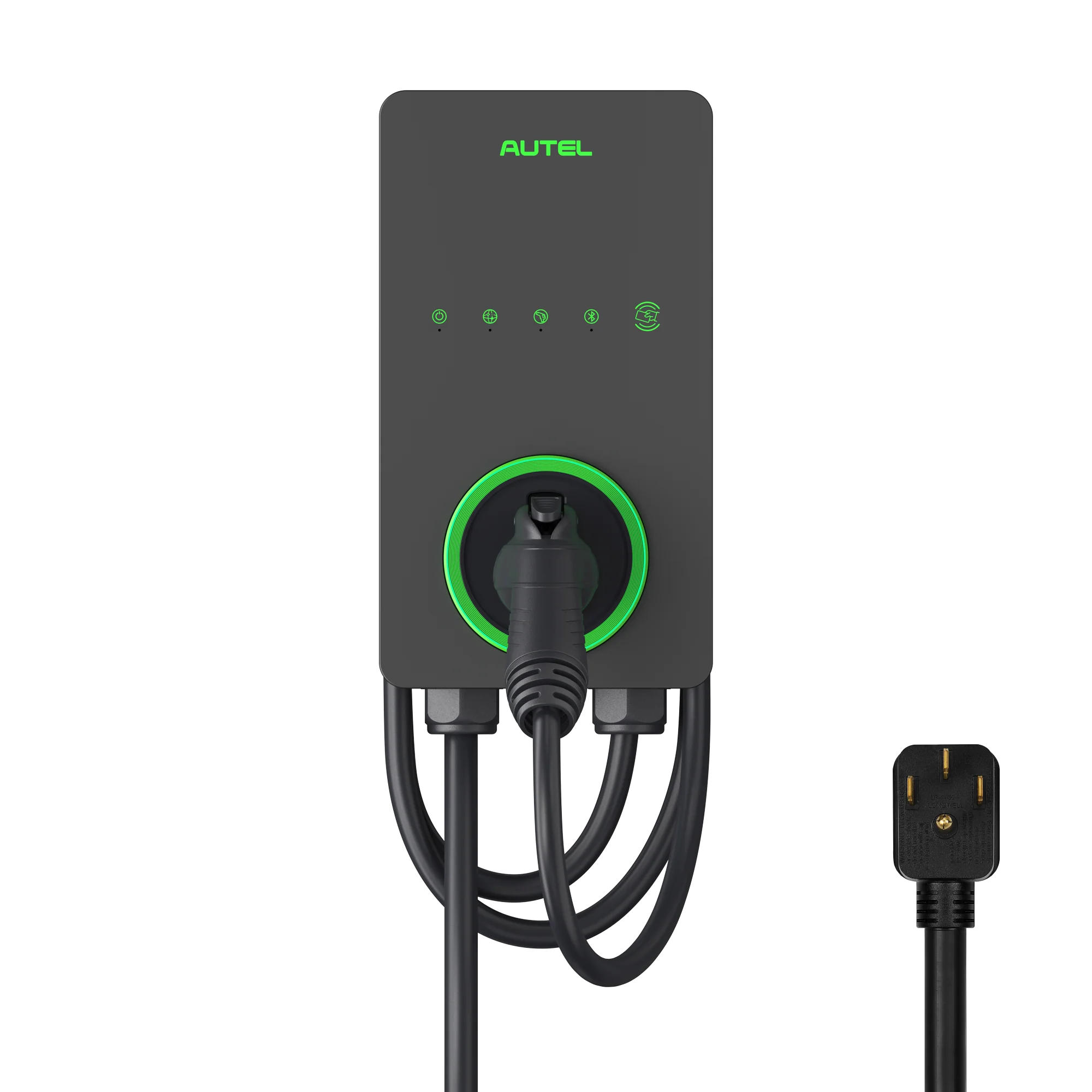
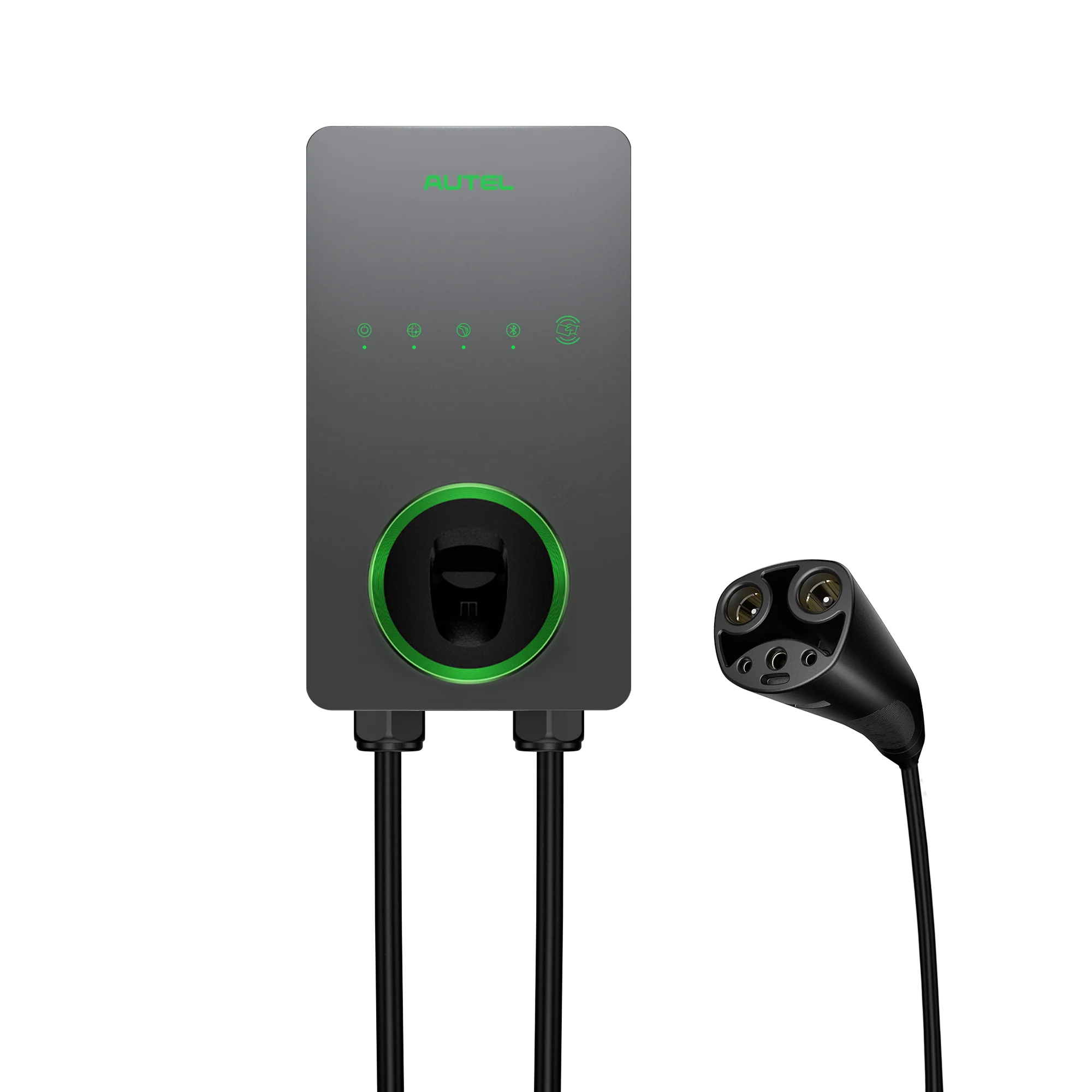
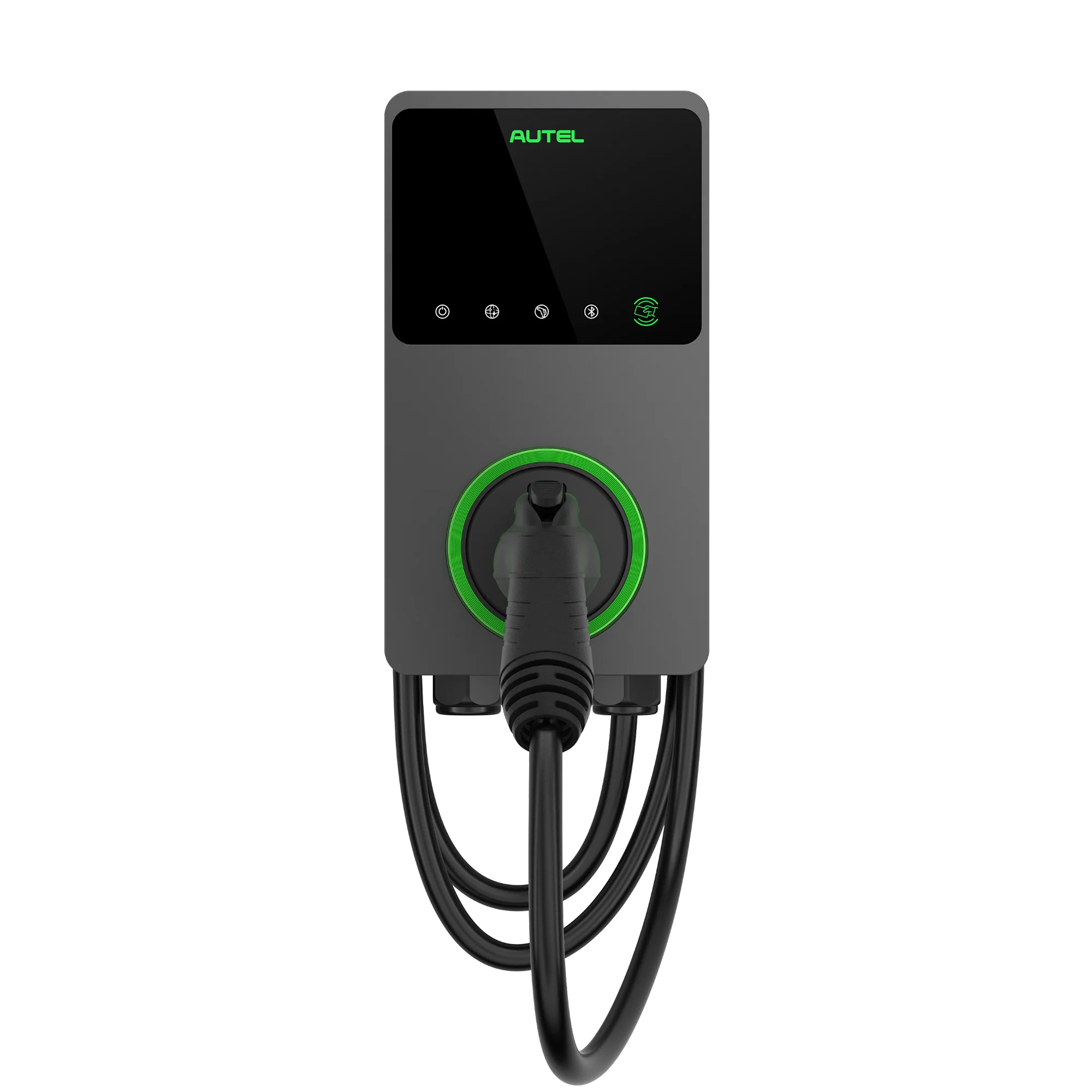
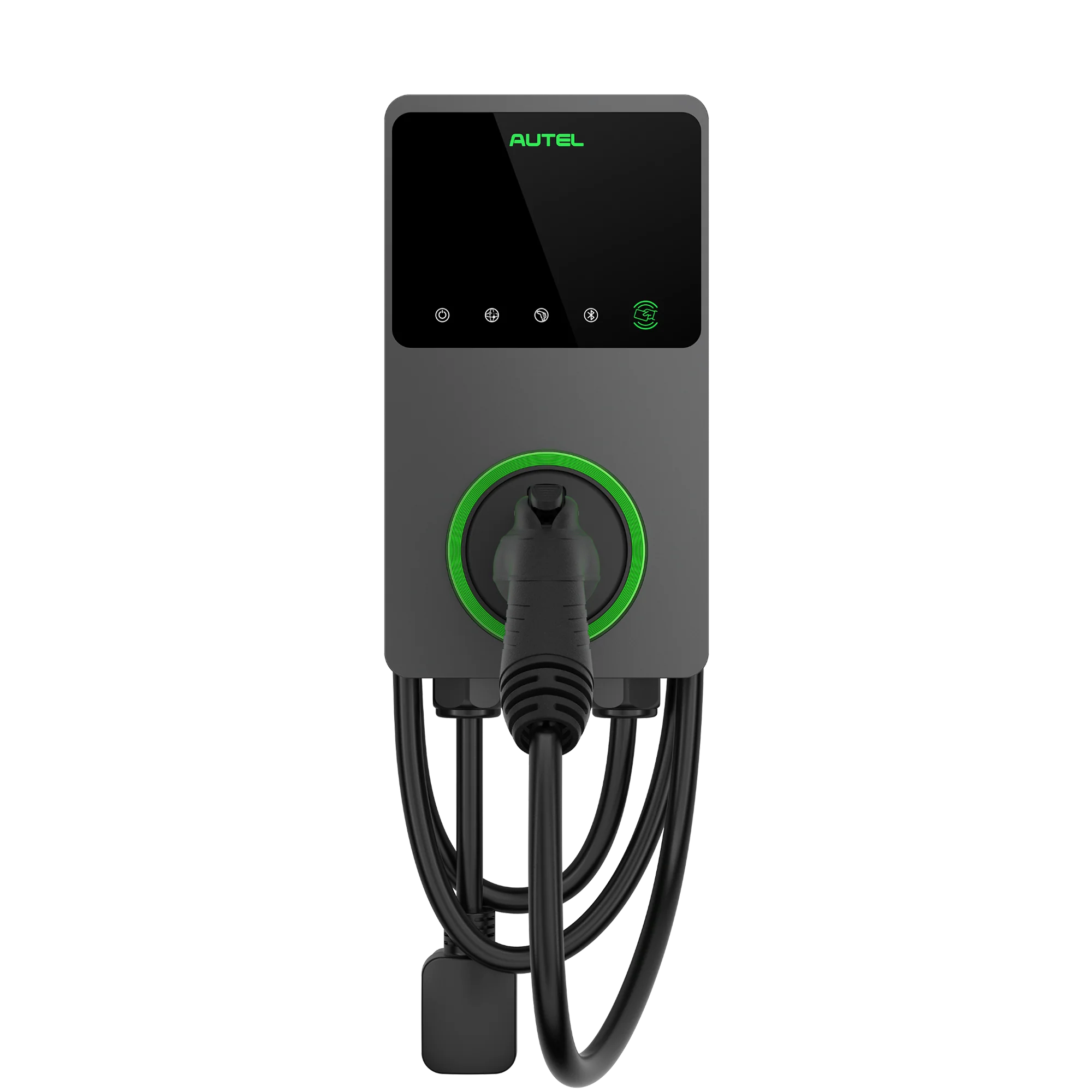

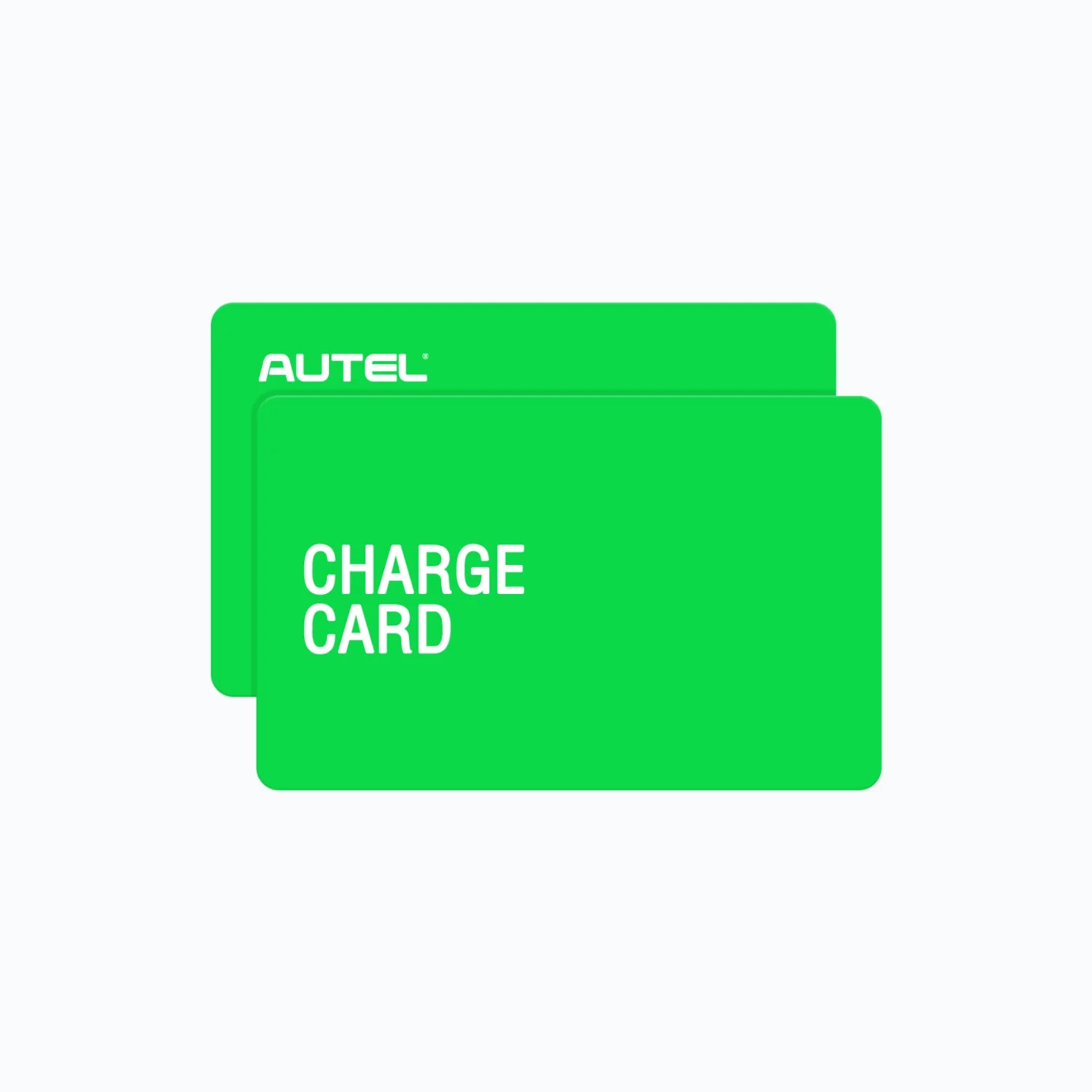
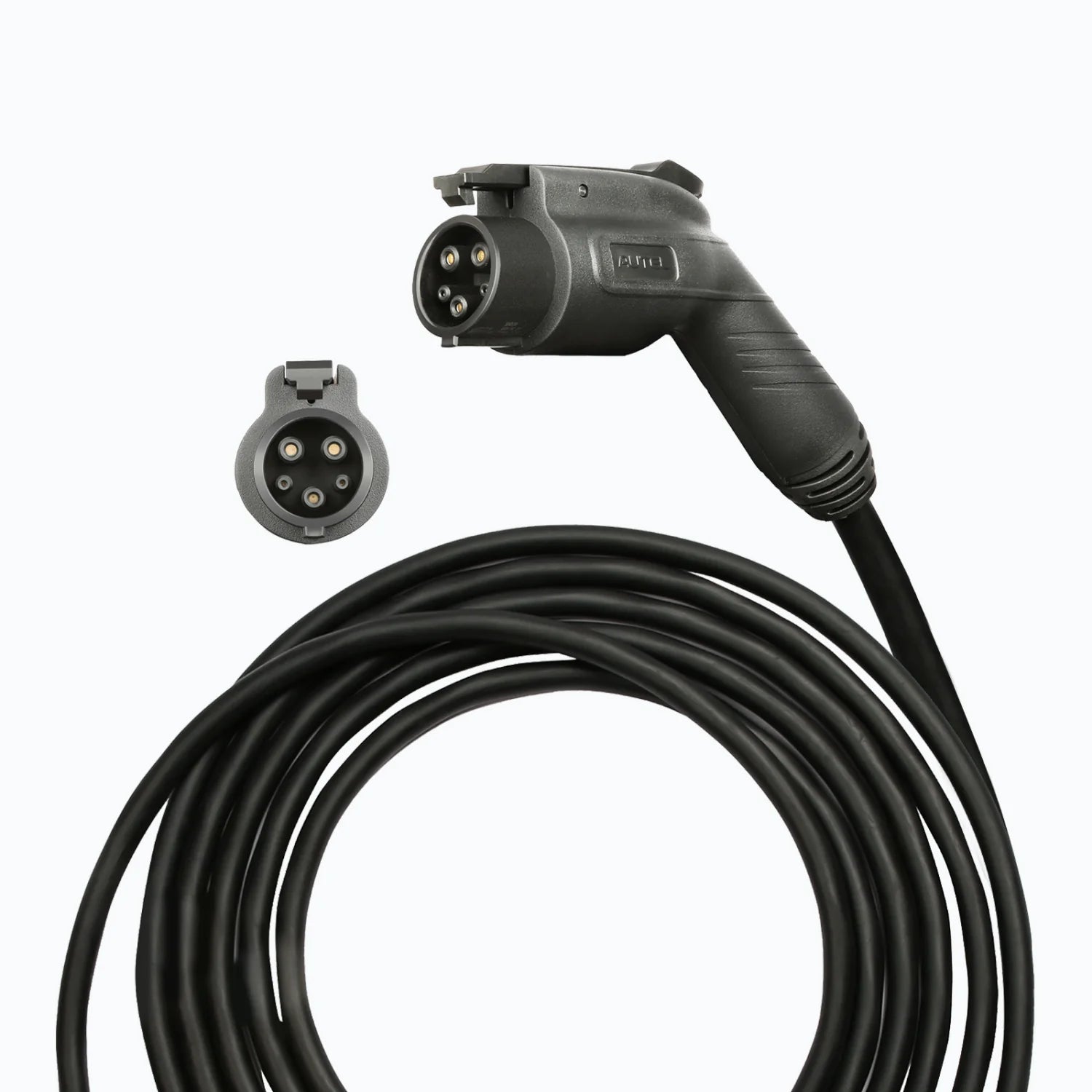
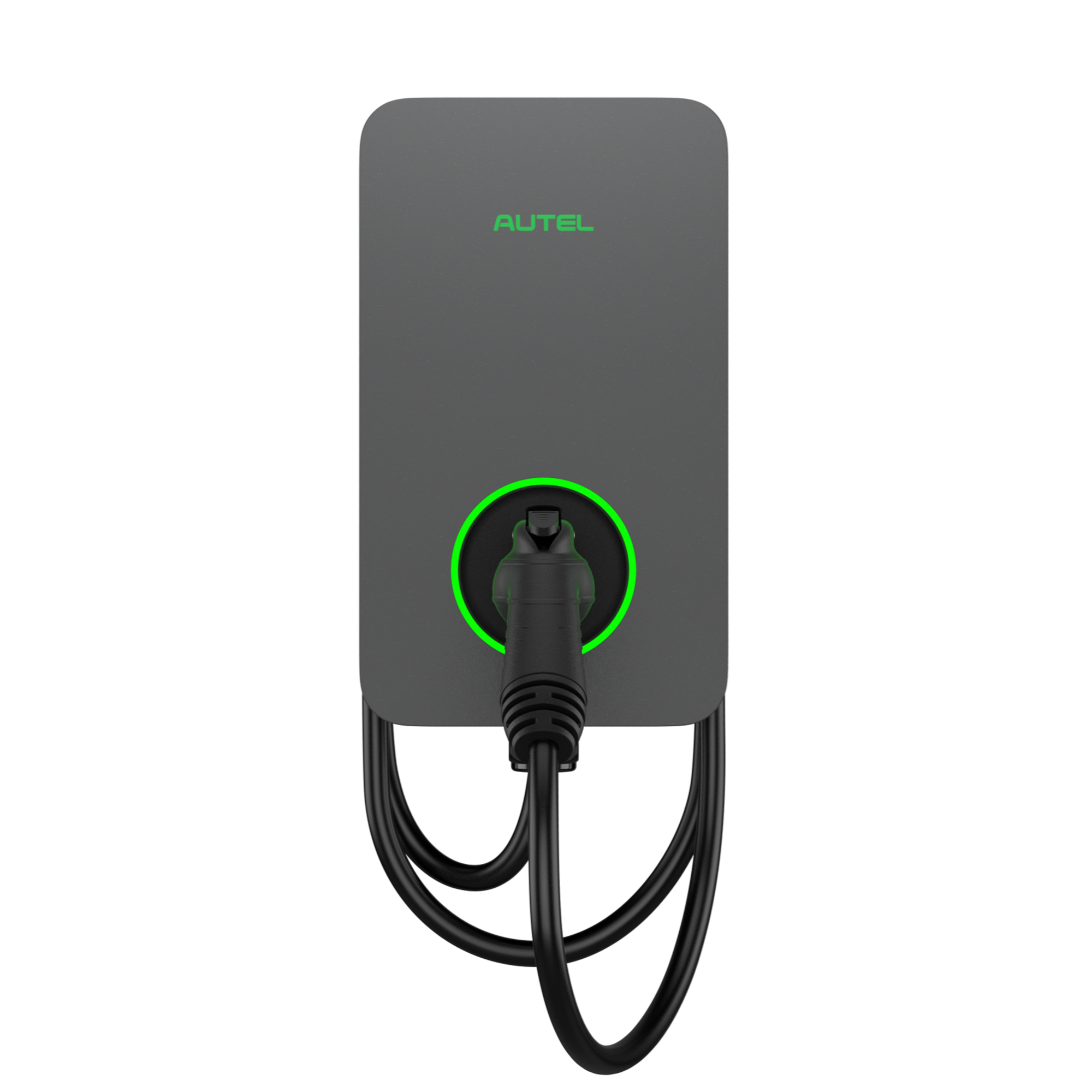


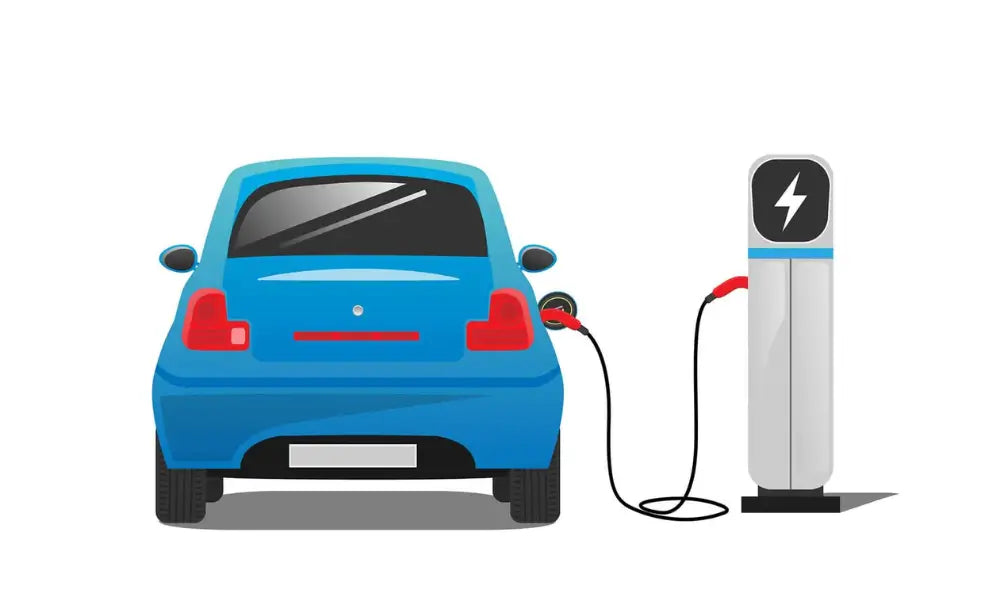
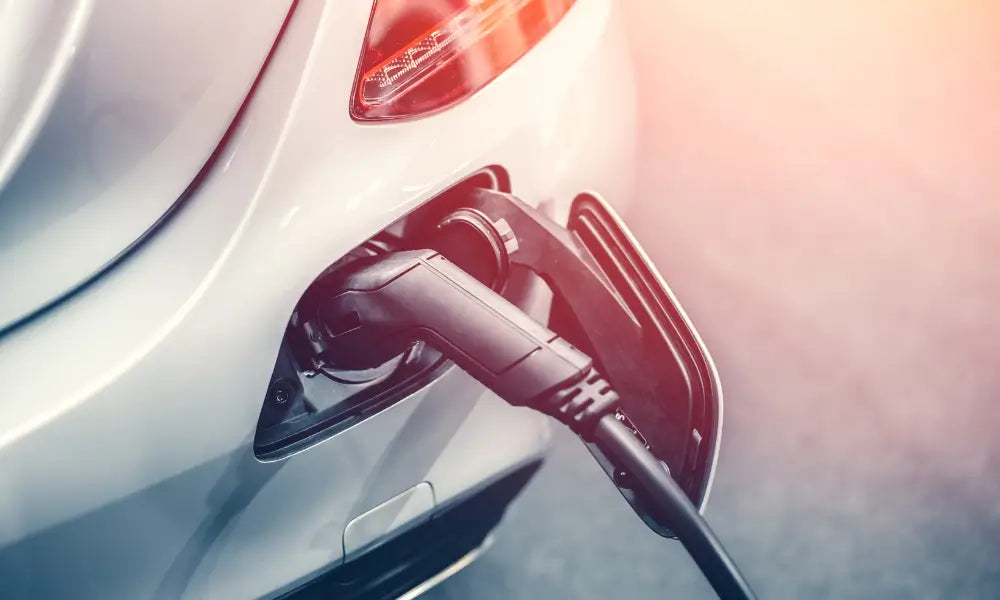
Leave a comment
All comments are moderated before being published.
This site is protected by hCaptcha and the hCaptcha Privacy Policy and Terms of Service apply.